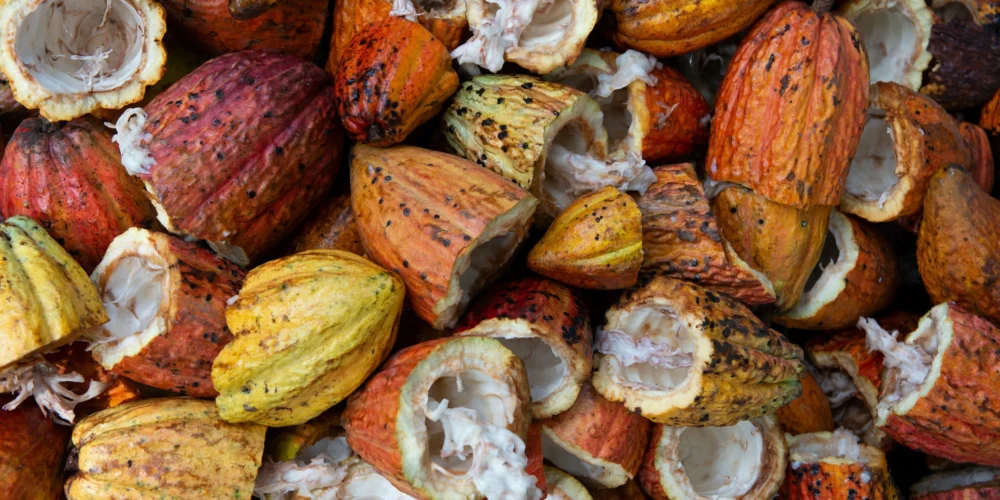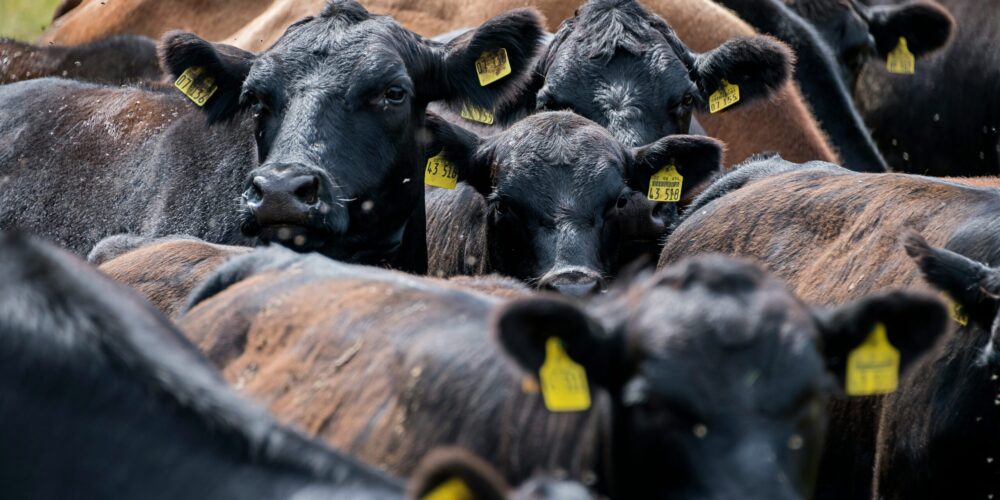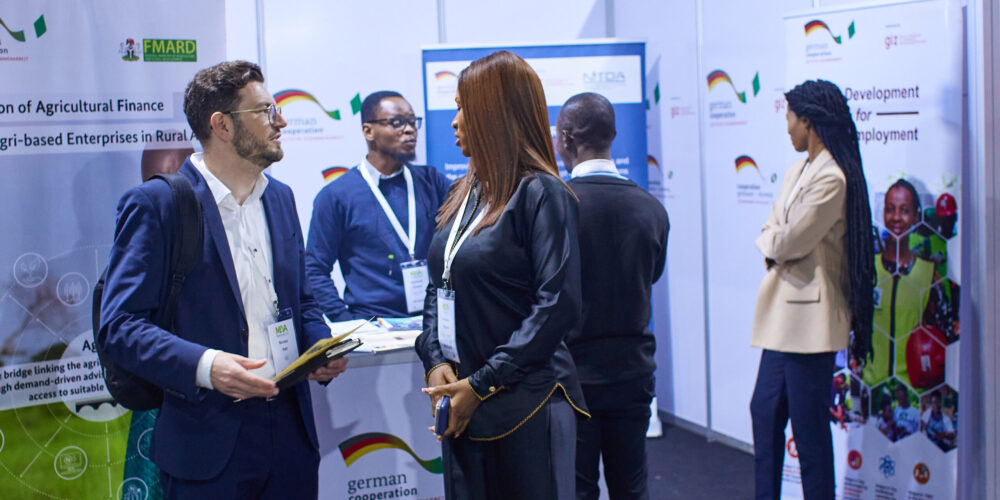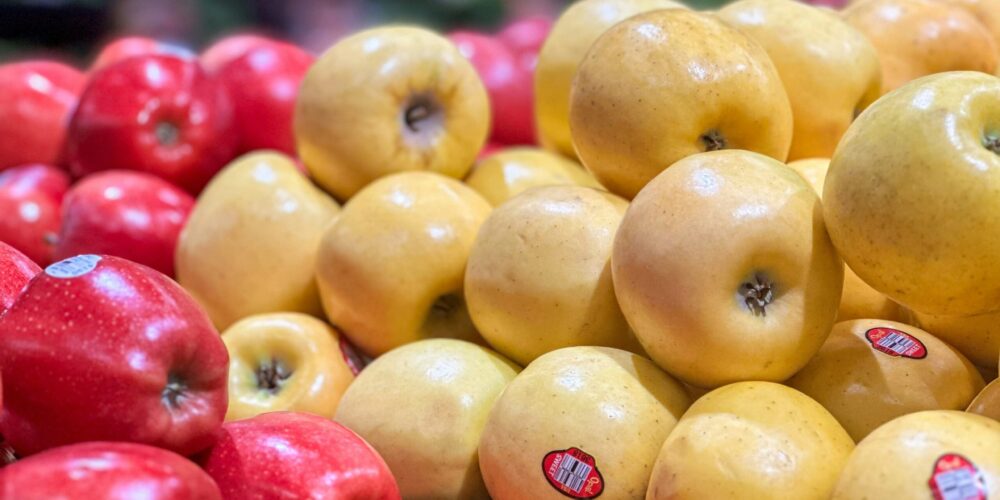Recent developments in Namibia have garnered attention, with several local articles…

How Market Access Can Boost West Africa’s Cocoa Profits
Recent reports from The New York Times, Corporate Accountability Lab, and other sources have brought attention to this issue, underscoring the need for improved market access to enhance the region’s profitability.
The situation for West African cocoa farmers is paradoxical. They are essential to the chocolate industry, yet they face poverty and instability. The global community enjoys the fruits of their labor without equitable economic return to those who cultivate it. The question is: How can market access be improved to increase the region’s profitability and ensure fair compensation for these critical contributors to the chocolate industry?
Enhancing Fair Trade and Direct Market Access:
Promoting fair trade is a vital step. Fair trade certification allows West African cocoa producers to access markets where consumers are willing to pay more for products that are ethically sourced. This ensures that farmers receive a better share of the profits and encourages sustainable farming practices.
Investing in Local Processing:
Investing in local processing facilities is crucial. A significant portion of cocoa profits comes from processing and marketing it as finished products. By establishing processing plants in West Africa, the region can retain more value from its cocoa, transforming it into chocolate and other goods before export. This increases profits, creates jobs, and stimulates the economy.
Strengthening Cooperatives:
Farmer cooperatives are essential. When farmers unite, they gain better bargaining power and can negotiate for higher prices. Cooperatives provide members with access to resources, training, and credit, improving productivity and quality.
Leveraging Technology for Market Information:
Technology can bridge the gap between West African cocoa farmers and global markets. Platforms providing real-time information on prices, demand, and best practices empower farmers to make informed decisions. Technology facilitates direct connections with buyers, reducing reliance on intermediaries who often diminish farmers’ profits.
Policy and Infrastructure Support:
Governments and international bodies have a crucial role. Policies encouraging investment in agriculture, reducing export tariffs, and improving rural infrastructure can significantly impact farmers’ access to markets. Roads, storage facilities, and efficient ports contribute to reducing post-harvest losses and ensuring cocoa reaches the market in optimal condition.
Educational and Training Programs:
Education and training for farmers are vital. Knowledge of sustainable farming techniques, quality control, and business management can help farmers increase their yields, improve the quality of their cocoa, and manage their operations more effectively. This leads to better market positioning and the potential for higher profits.
International Partnerships and Trade Agreements:
International partnerships and trade agreements can open new markets and improve terms of trade for West African cocoa. By engaging in fair and mutually beneficial agreements, West African countries can secure better access to lucrative markets, ensuring that the benefits of trade are more evenly distributed.
The path to fairer profits for West African cocoa is multifaceted. It requires a concerted effort from farmers, industry players, governments, and international bodies. While the challenges are substantial, the potential for change is immense. By implementing these strategies, West Africa can transform its cocoa industry into a source of prosperity and stability for its people. The journey is long, but with commitment and collaboration, a more equitable and prosperous future for West African cocoa farmers is possible.


